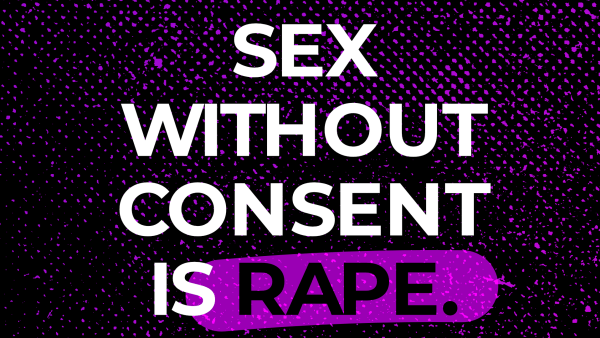Listed companies which fail to ensure equal pay between men and women could face sanctions, such as being excluded from public procurement financed by the EU budget, according to a resolution adopted today in Strasbourg by the European Parliament.
The Socialists and Democrats backed the proposal which would involve a review of the current EU legislation on equal treatment between men and women.
S&D Group spokesperson on this file, Inés Ayala Sender, said:
"Equal pay in Europe remains a myth. Ten years after the introduction of an EU law to ensure equal pay, women are still paid less than men for the same job. The difference in Europe is on average 16%. And to make things worse, the economic crisis has further increased the pay gap.
"One of the reasons for this persistent discrepancy is the lack of sanctions for the companies who fail to ensure equal treatment between their male and female workers. That is why we are calling for the introduction of sanctions in the current legislation.
"We are calling for mandatory pay audits for companies listed on stock exchanges in the EU, except for small and medium sized enterprises (SMEs), to highlight the gender pay gap; an initiative that is supported by trade unions. We want sanctions for companies failing to meet their responsibilities. They should be excluded from public procurement of goods and services financed by the EU budget. We also call on the member states to do the same with companies financed by public subsidies.
"This is the only way to make progress."
S&D Group spokeswoman on women's rights and gender equality, Belgian socialist Marie Arena added:
"Equality between men and women in employment also means equality in career development. We believe that quotas to increase the representation of women on the boards of big companies are the only way to break the "glass ceiling.
"The European Commission has made a proposal to that effect and the Parliament supports it. EU governments in the Council, however, still refuse to take responsibility so that gender equality becomes a priority in Europe. They are behaving in the same manner they did when they blocked efforts to strengthen the Maternity Leave Directive."








